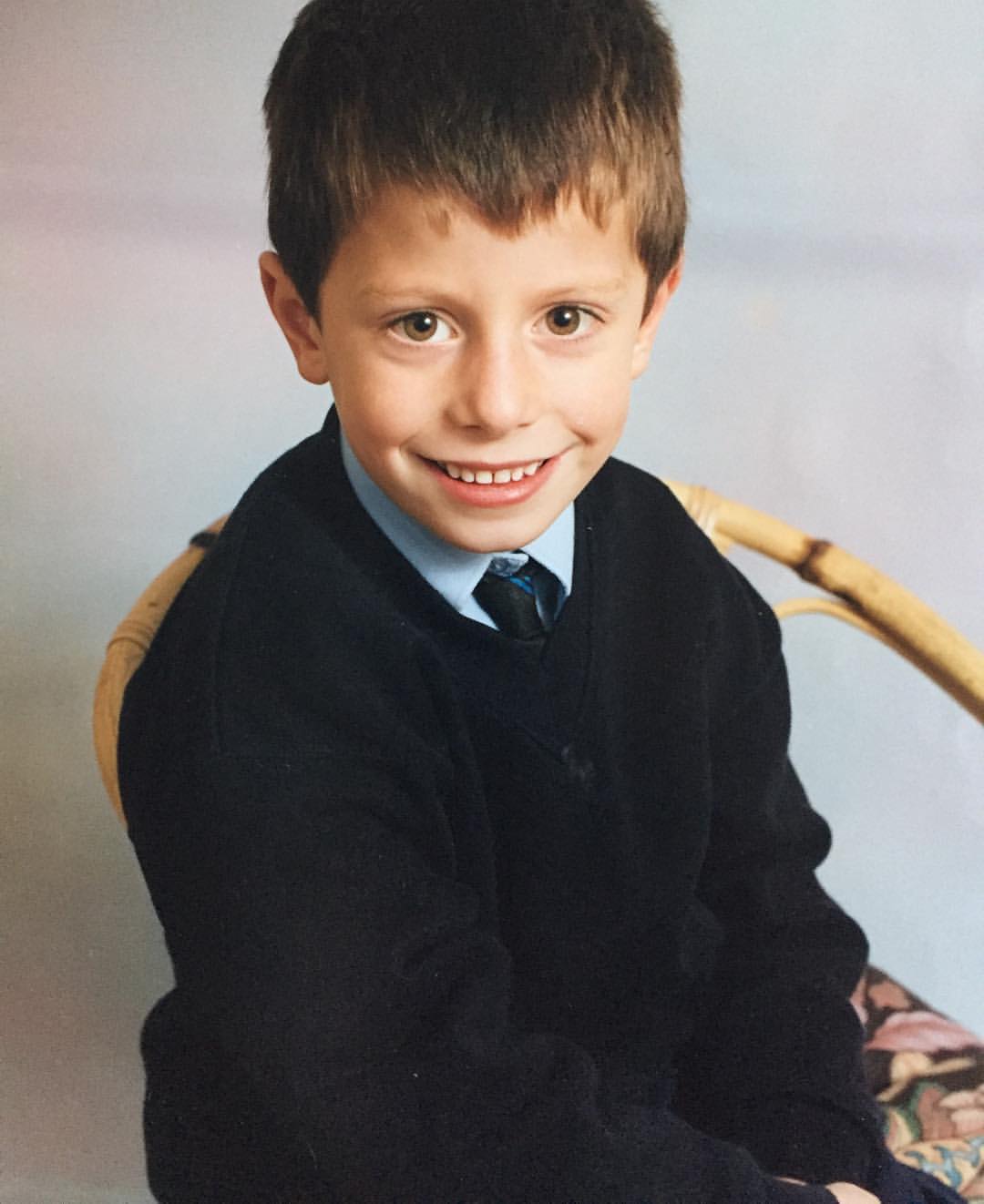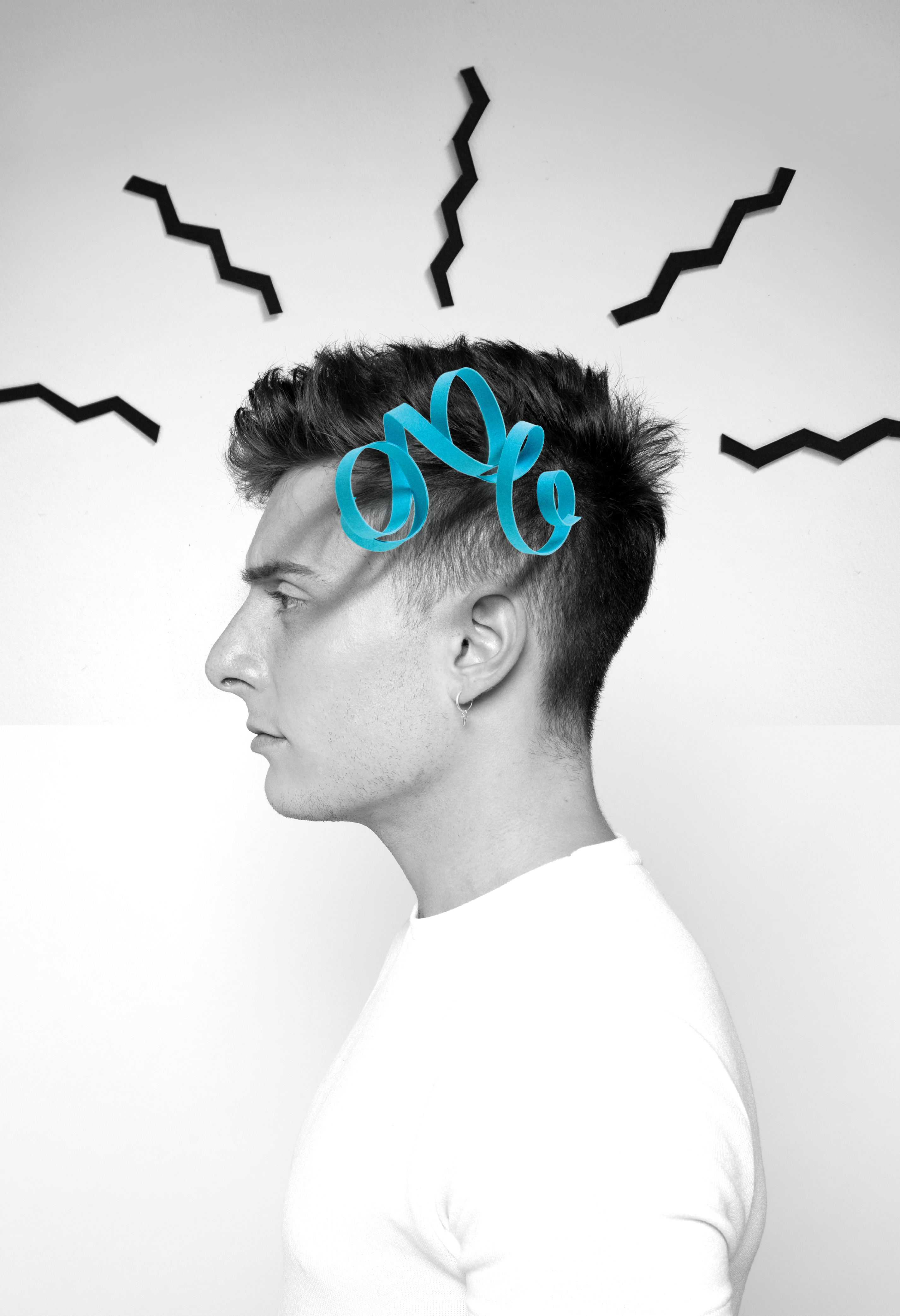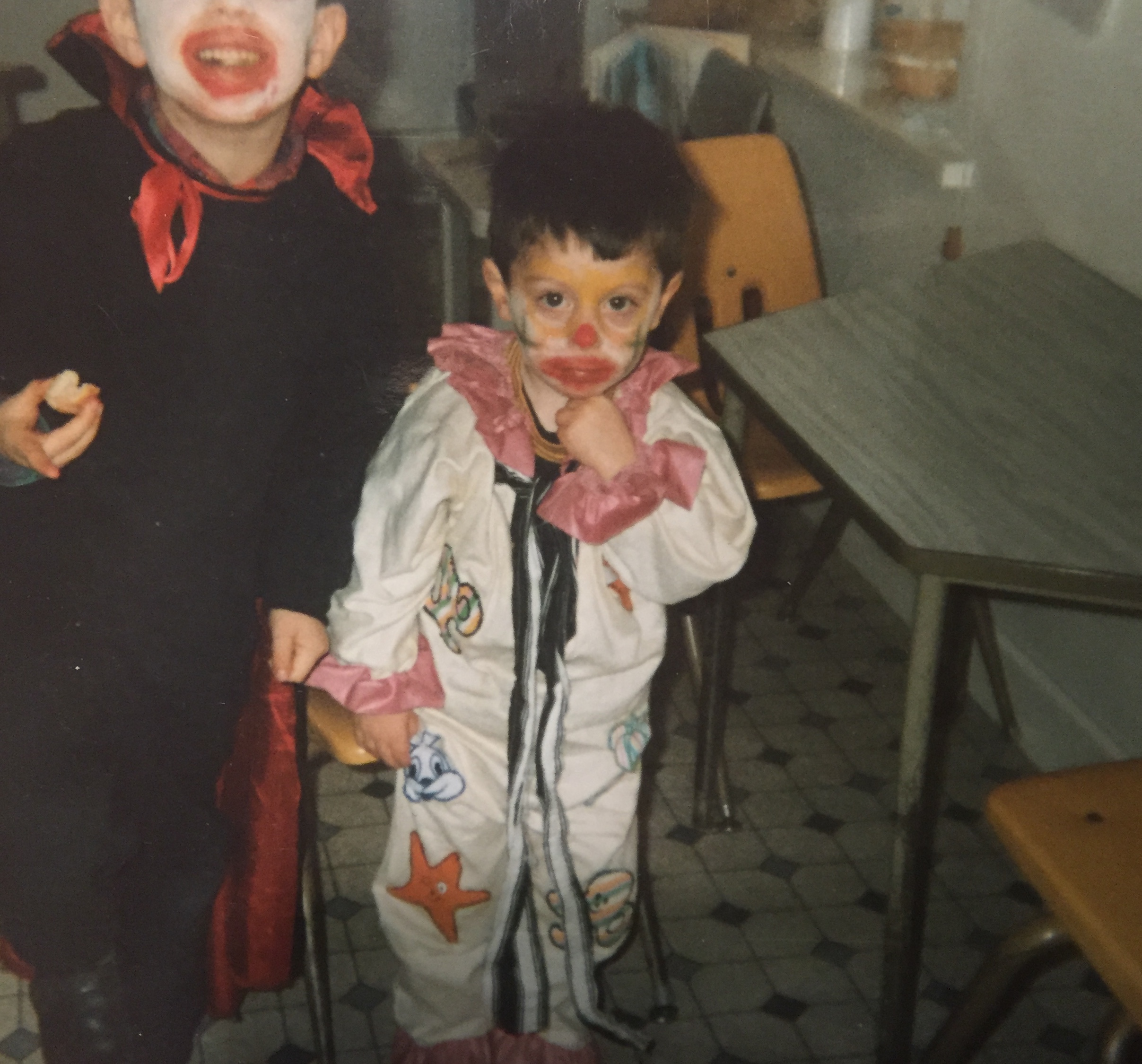

Fancy something positive in your inbox? Sign up
My mum and I would sometimes laugh at the repetitive nature of my school reports year after year. The classic lines included “he’s away with the fairies”, “Riyadh needs to stop talking during class” and “he’s more interested in what’s going on out the window than inside the classroom”.
We didn’t realise that these apparently harmless personality traits were a sign of a much bigger issue that would exist undetected in me for decades to come – a difference in my brain that would lead to enduring bouts of anxiety, difficulties forming and keeping relationships, limitations on my career and virtually every other part of my life.

I was used to them being nasty but eventually losing steam and washing away with the help of meditation and mindfulness. When a week of panic attacks turned into a month and a month turned into three, I knew this wasn’t anything like the episodes I had overcome before. Its persistence eventually led to depression and an inability to eat, work or leave the house. My then partner began to fear leaving me on my own. It was time to get help. I restarted psychotherapy and saw a psychiatrist who diagnosed me with Generalised Anxiety Disorder.
Before I left her office, I somewhat flippantly mentioned that I was thinking of having an evaluation for ASD (Autistic Spectrum Disorder). When she asked why, I said that I felt as though I’ve always been different in ways that I could never fully understand. That I struggled in over-stimulating environments like loud parties, I have issues concentrating on tasks for more than a couple of minutes at a time, prolonged social interactions can make me flatline and panic, I have impulsive behavior that has gotten me into trouble, my working memory is terrible and I often lose or break household items. The doctor suggested that she’d like to assess me for ADHD (Attention Deficit Hyperactivity Disorder). I dismissed this as a bit of a waste of time. Afterall, ADHD is what makes little boys naughty, wild and out of control or what American college students say they have so they can get stimulant medication during exam season. It was a million miles away from what I was describing. She had to be wrong, right?
Curiosity followed me home and I began researching ADHD in adults. The more information I consumed, the more I felt my heart begin to pound harder and my body becoming numb. Everything I read was so unbelievably aligned with my life experiences and struggles. Could this be the smoking gun?

Following assessments which included interviews with my parents and then partner, the psychiatrist gave me a positive diagnosis for ADHD with a leaning towards the Attention Deficit side. It wasn’t a surprise at that point but hearing the words felt like such a massive affirmation and the beginning of a new chapter of self-discovery. I was an arrival of sorts – I had finally found home. At the age of 30 I had discovered the missing part of myself. I felt like running to the nearest hill and shouting “THIS IS WHY I DID THAT THING YOU HATED!” to every person who had argued with me for forgetting their name for the fifth time, to the teachers who put me in detention for talking too much or the ex who would dismiss me as being socially inept.

““THIS IS WHY I DID THAT THING YOU HATED!”
to every person who had argued with me for forgetting their name for the fifth time, to the teachers who put me in detention for talking too much or the ex who would dismiss me as being socially inept.
The benefits of the diagnosis began taking effect almost instantly. I had a new sense of kindness, empathy and forgiveness for myself. It involved unlearning decades of negative thought cycles and cruel inner monologues about not being “normal”, not being capable of simple actions like my professional peers or family members, about being a stupid, careless and forgetful fool. It all began to fall away. Instead, I felt an overwhelming sense of pride, that, in spite of what I was unknowingly working against since I was born, I still managed to achieve what I had and survive in the neurotypical world. I had unconsciously masked what was going on beneath the surface to appear like everyone else. I had become an expert at it.

I decided to keep my diagnosis private for a number of months. I wanted to know as much as I could about the disorder before telling anyone bar my close friends and family. I needed to be able to defend what I knew was deeply misunderstood due to the lazy and harmful depictions of ADHD in film and TV.
Although the above information was difficult to read, it was comforting to know that there were several positive traits that often came with the condition too. These include outside-the-box thinking, problem solving skills, creativity, empathy and an acceptance of difference in oneself and others.
The day I had my diagnosis, I thought about my childhood self and all he had persevered through. I remembered countless moments where my ADHD was on full display yet misunderstood as stupidity, aloofness or laziness. I remembered the times I was punished for something that was completely out of my control and the feelings of guilt and shame that came thereafter. I felt sad for him but happy for the me of today. It was a vindication.
Being diagnosed with ADHD in my 30’s has been the most soul-enriching experience of my life and it wouldn’t have happened unless I fell into my deepest depressive and anxious state. It almost feels poetic that the diagnosis I needed in order to thrive and grow came from the thing that almost destroyed me.